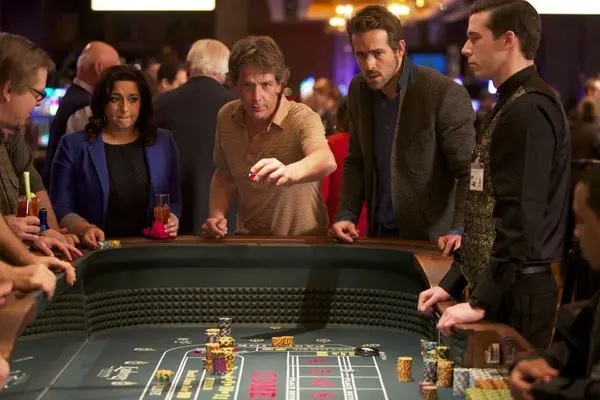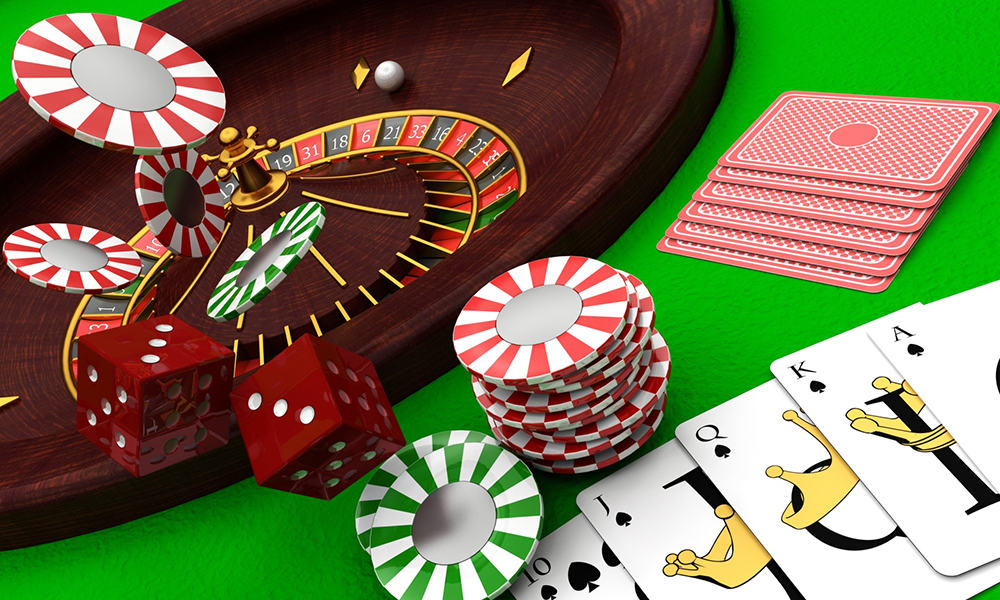Gambling has been a part of human civilization for centuries and has gone through various transformations. From ancient civilizations to modern times, gambling has played a significant role in shaping our culture and society. In this article, we will delve into the history of gambling and its cultural significance.
The Early History of Gambling
The earliest evidence of gambling dates back to ancient civilizations such as China, Greece, and Rome. In China, gambling was a popular pastime during the Han Dynasty (206 BC – 220 AD). The Chinese played a game of chance called “white pigeon ticket,” which involved selecting a set of characters from a ticket and matching them with the winning characters drawn from a pot. In Greece and Rome, gambling was also prevalent, with the ancient Greeks playing a dice game called “knucklebones,” while the Romans enjoyed various forms of gambling, including chariot races and gladiatorial contests.
Gambling in the Middle Ages
The Middle Ages saw the rise of card games, which were initially played by the aristocracy and later became popular among the working class. The most popular card game during this time was “tarot,” which was used for divination. Another popular game was “hazard,” a dice game that originated in medieval England and was played by knights and soldiers.
The Modern Era of Gambling

The modern era of gambling began in the 17th century with the introduction of lotteries. The first recorded lottery was held in 1612 in the Netherlands, and soon after, other countries followed suit. In the United States, lotteries were used to finance public works projects such as roads and bridges.
Over time, gambling has evolved to include various forms such as casinos, sports betting, and online gambling. Today, gambling is a multi-billion dollar industry, with millions of people participating in various forms of gambling around the world.
The Cultural Significance of Gambling
Gambling has played a significant role in shaping culture and society. In many cultures, gambling is seen as a form of entertainment and a way to socialize. In some countries, gambling is deeply ingrained in the culture and is associated with national identity. For example, in the United States, Las Vegas is known as the gambling capital of the world, and the city’s casinos are a significant tourist attraction.
However, gambling can also have negative consequences, such as addiction, financial ruin, and social problems. Many governments have enacted laws to regulate gambling and prevent it from becoming a societal problem.
Gambling has a long and rich history that has played a significant role in shaping culture and society. From ancient civilizations to modern times, gambling has evolved and transformed into a multi-billion dollar industry. However, it is essential to remember that gambling can have negative consequences and should be enjoyed responsibly.




